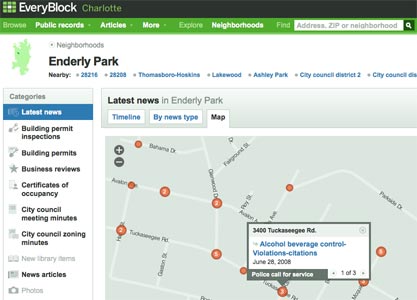Belgian newspaper group Copiepresse – yes, the one that’s in that legal wrangle with Google – is about to re-enter a copyright battle with a second online publisher – this time it’s the European Commission.
Copiepresse will attempt to sue the EC for a second time after it had its copyright infringement case against the EC’s news aggregation services NewsBrief and NewsExplorer thrown out by a Belgian court.
The group took the case on the same grounds as its Google case, that the use of the material without newspapers’ permission was an infringement of their copyright.
According to Out-Law.com, Belgian press reports said the case was thrown out of the Court of Seizures in Belgium after a report produced for the court backed the Commission and because there was a jurisdictional problem with the case. Iy added that the group would not appeal against the throwing out of the case but would re-submit it to Belgium’s civil court.
